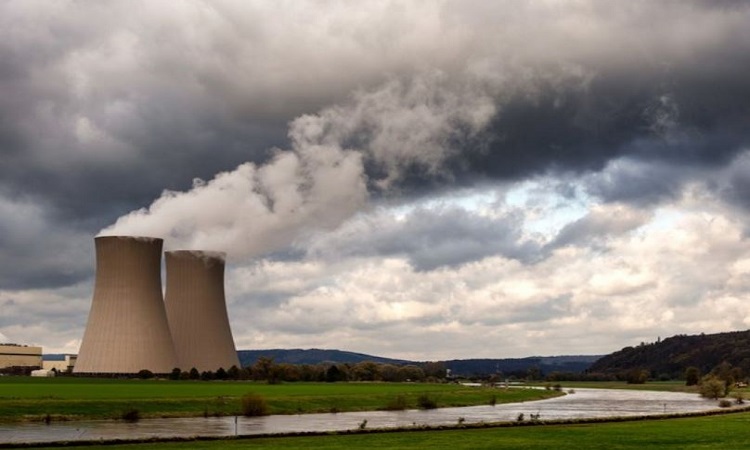US, Russia, China battle for dominance in nuclear technology
The US, Russia and China are battling for dominance to build and sell small modular reactors. Read further on Dynamite News:

Washington: The US, Russia and China are battling for dominance to build and sell small modular reactors (SMRs), as per CNN.
SMRs are smaller and less costly to build than traditional, large-scale reactors. They are fast becoming the next great hope for a nuclear renaissance as the world looks towards cutting fossil fuels.
The Biden administration and American companies are putting billions of dollars into SMRs in a bid for business and global influence. China is leading in nuclear technology and construction, and Russia is making almost all the world's SMR fuel. The US is playing catch-up on both, as per CNN.
Read This Also: High-quality diet during childhood may reduce risk of developing inflammatory bowel disease
The US wants in on the market as it has already lost the wind and solar energy race to China, which now provides most of the world's solar panels and wind turbines. The big problem is the US hasn't managed to get an SMR working commercially on land.
SMRs are potentially an enormous global market that could bring money and jobs to the US, which is trying to sell entire fleets of reactors to countries rather than the bespoke, large-scale power plants that notoriously go over budget and way past deadline.
While SMRs provide less energy -- typically a third of a traditional plant -- they require less space and can be built in more places. They are made up of small parts that can be easily delivered and assembled on site, like a nuclear plant flatpack, according to CNN.
Most countries are trying to rapidly decarbonise their energy systems to address the climate crisis. Wind and solar now provide at least 12 per cent of the world's power, and in some places, like the European Union, they provide more than fossil fuels. But there's an increasing sense of urgency to clean up our energy systems as extreme weather events wreak havoc on the planet and as challenges with renewables remain.
Read This Also: US issues record-high 1.4 million visas for Indians in 2023
As per some experts, nuclear energy -- in all forms, large or small -- has an important role to play in that transition. The International Energy Agency, which outlined what many experts say is the world's most realistic plan to decarbonise, sees a need to more than double nuclear energy by 2050.
"There's definitely a huge race on," said Josh Freed, who leads the Climate and Energy Program at the think tank Third Way. "China and Russia have more agreements to build all sorts of reactors overseas than the US does. That's what the US needs to catch up on." (ANI)
 Dynamite News
Dynamite News